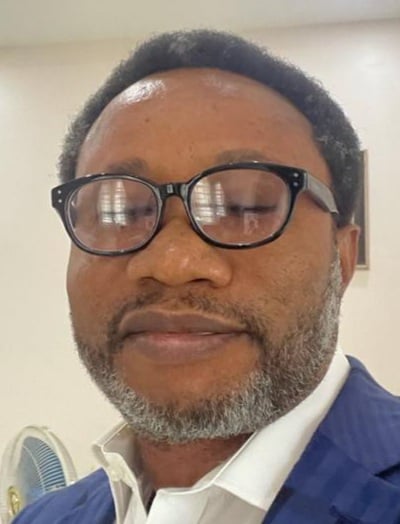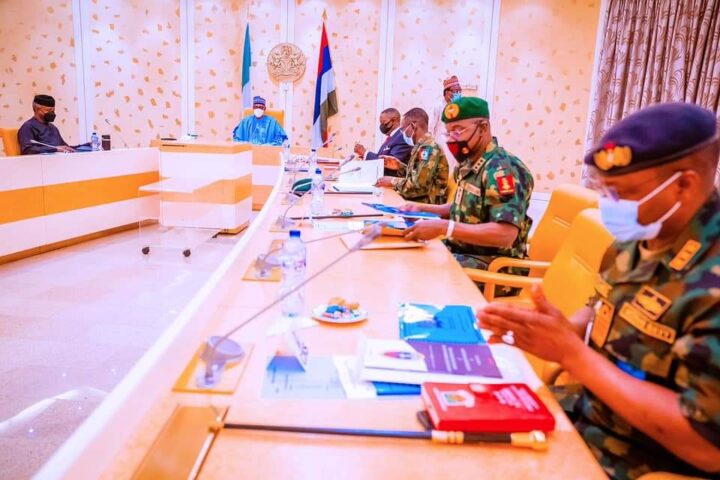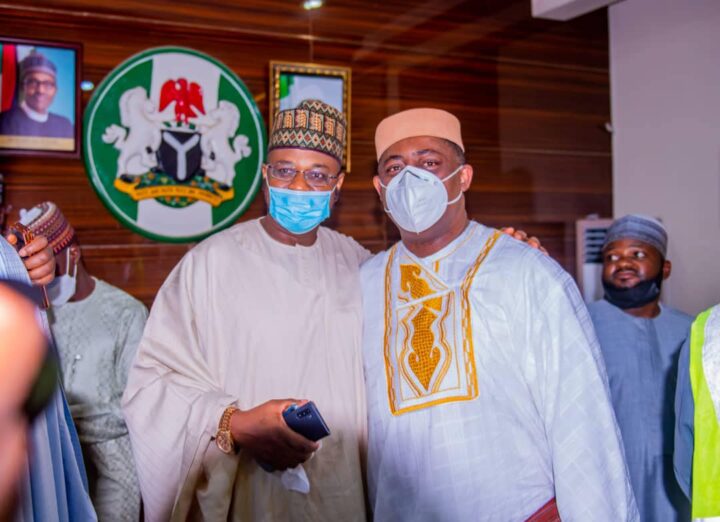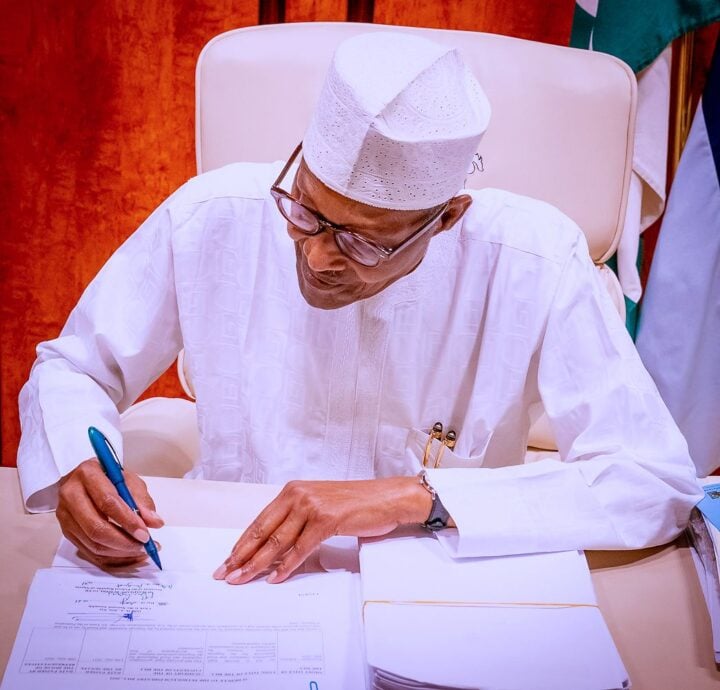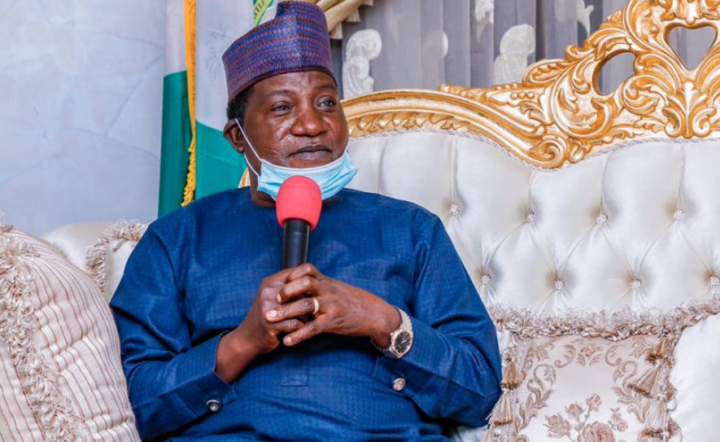In a nation where exists an overwhelming dominance of bad leaders in public service, it is easy to lose sight of the good ones. Such is now the defining scenario in Nigeria. The persistent affliction of poor leadership that we suffer is a vision-blurring one. Playing bigoted politics of provincial identity does not also help matters. When a particular people or region is demonised as being bad, we muddle the waters of objectivity with unwholesome generalisation. This is because in every region, north or south, we find the good, the bad and the ugly leaders.
Alhaji Ahmed Joda, OFR, CON, CFR, who passed away on Friday 13, August 2021, at the age of 91, was not only a good leader but an exemplary Nigerian.
He was a shining model of how to be a leader in public service. The late elder statesman was born a Fulani in Yola, present Adamawa State, in 1930. After attending the popular Barewa College in the North in the 1940s, he subsequently went for further studies at Pitmans College, London from 1954 to 1956. He returned to Nigeria to start a career in journalism, working as a correspondent at the Nigerian Broadcasting Service, before joining the Northern regional government as a Chief Information Officer. Joda then rose to become a Permanent Secretary from 1962 to 1967.
Since he became a Permanent Secretary, the trajectory of Ahmed Joda’s career in public service took him to national prominence many years later. From being a Northern regional administrator, he transitioned to become one of Nigeria’s stellar federal Permanent Secretaries of all time, serving in three Federal Ministries, namely Information, Education, and Industries before he retired in 1978. It was no wonder that during the then government of General Yakubu Gowon (rtd.), Joda became widely known among an elite group called the ‘Super Permanent Secretaries’ because of their uncommon excellence, courage and integrity in public service.
Advertisement
When the revered elder statesman died last week, rousing tributes poured out in his honour from all over the country and across ethnic lines. That is because the man left exemplary indelible legacies in public service that should serve as lessons for our current crop of leaders and the future ones. One of such notable and noble legacies bequeathed by Alhaji Joda is his patriotic belief and proven commitment to the unity of Nigeria. This was attested to by no other fellow elder statesman than former President Olusegun Obasanjo. Reacting to the passage of Joda, Obasanjo while describing him as a true and great Nigerian also recollected how Joda and his fellow permanent secretaries saved the country from breaking up during the 1966 coup.
In Obasanjo’s words, “Ahmed Joda by his feature did not need to tell you he was a Fulani man but in everything I know he did, he lived not just as a Fulani man, he lived, he worked and he laboured as a true Nigerian. There are not many like him, and that was what strengthened our relationship since 1959. I know that if not for people like Joda and other Super Permanent Secretaries like Philip Asiodu, Liman Ciroma and Alison Ayida who prevailed not to have Nigeria broken up after the first upheaval, we would have had Nigeria broken into pieces.” Indeed, the lesson our leaders today can take from a Joda portrayed by Obasanjo above is that he was a detribalized Nigerian who built bridges of unity and identified foremost as a Nigerian, and not as a Fulani that he was by the tribe.
Also, it was to Joda’s eternal credit in worthy legacies that he continued to serve Nigeria selflessly in diverse capacities and helped to deepen our democracy, after retiring from being a Permanent Secretary. Records confirm that he played important roles at different transition periods in the country. For instance, he chaired the transition committee when Obasanjo as a military head of state handed over power to civilian President Shehu Shagari in 1979. Joda was also a member of the 1988 Constituent Assembly that masterminded the constitutional transition of the Third Republic in Nigeria. Again, in 1999, under a civilian Obasanjo administration, he was appointed a member of the Committee to Advise the Presidency on Poverty Alleviation. And when former President Goodluck Jonathan was to hand over power in 2015, it was Alhaji Joda who served as chairman of the transition committee that smoothed the coming in of President Muhammadu Buhari’s government. Such was Joda as a tireless statesman and passionate patriot to the core.
Advertisement
In the area of integrity, the man was also proven to be a person of impeccable character, unlike the case of many corrupt elements that dominate the public office space in Nigeria today. Joda was reputed to be bold in speaking the truth and following due process without fear or favour. In a 2015 media interview, he was reported to have revealed how he stoutly resisted those who wanted him to influence contracts and appointments for them during his time as the transition committee chairman of the arriving Buhari administration. According to him, “There was a lot of that from people who wanted a contract, who wanted to be given special favours. They were coming to me day and night and I said to them these are my terms of reference; they didn’t include things like award of contracts or recovery of bad debts from government or for employment of any group of people or individuals.” Indeed, Alhaji Joda stood out as an integrity model to our contemporary public leaders who have blatantly elevated nepotism to state policy.
Aside from his undeniable impact in public service, Joda’s management perspicacity was also unparalleled. He was the founding father of the Nigerian Economic Summit Group (NESG), a private sector-led think-tank and policy advocacy group. The legendary administrator had also served as chairman and board member of several companies such as the Nigerian LNG, Nigerian National Petroleum Corporation (NNPC), and Nigerian Communications Commission (NCC). In fact, telecoms industry stakeholders today would remember the legacy and foundation that Alhaji Joda laid as the Chairman of the Nigerian Communications Commission for a decade, setting the pace for the kick-off and tremendous growth of the Global System for Mobile Communications (GSM) service in Nigeria since 2001.
Sadly, despite all his inimitable and impeccable legacies in public service, Alhaji Ahmed Joda’s demise was an ironic pointer to the state of affairs in the country today, especially in our healthcare sector. It was reported by Sahara Reporters that, due to the ongoing strike by Nigerian doctors in public hospitals, the elder statesman had to be attended to by inexperienced NYSC doctors at the Federal Medical Centre, Yola where he was rushed to! That was indeed a national indignity, happening at the same time that President Buhari and APC chieftain Ashiwaju Bola Tinubu both conveniently went to London for their own medical treatment. Thus we lost a national icon like Joda to the ineptitude of leadership that could not avert the doctors’ strike. Perhaps if there was no strike and the octogenarian had been treated by experienced doctors, despite his old age, he might still have lived. Nigeria needs better, selfless, humble leaders like Joda. May his soul rest in peace.
Advertisement
Add a comment
